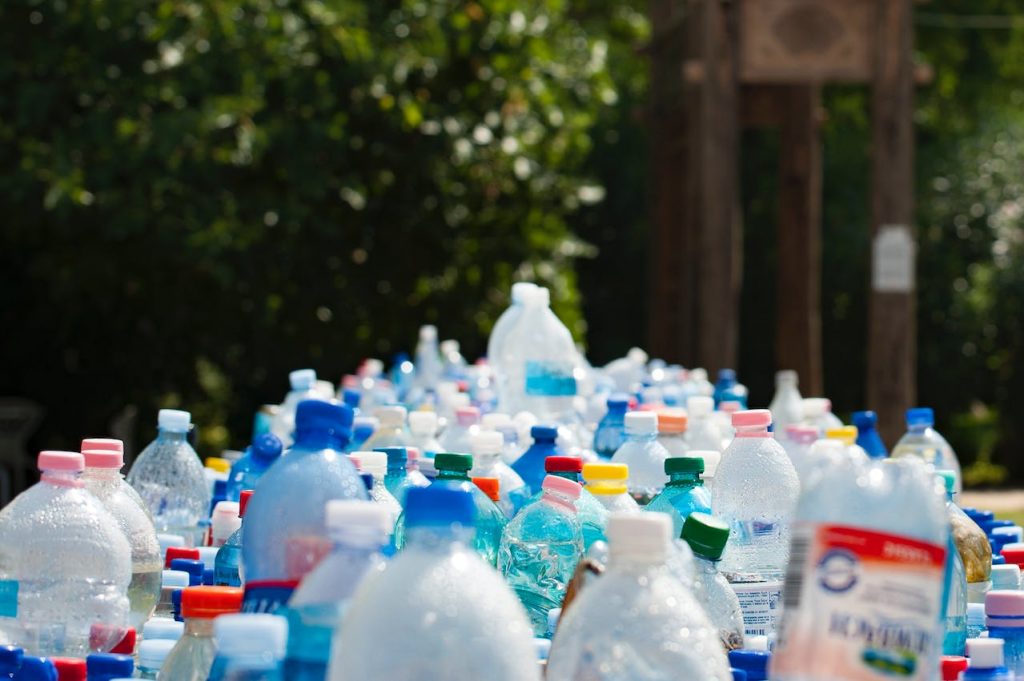Recycling, the process of converting waste materials into new products, plays a crucial role in conserving natural resources, reducing pollution, and mitigating global warming. Its impact on the planet is profound and multi-dimensional, affecting various aspects of environmental health and sustainability. Understanding the positive impact of recycling is essential for individuals and communities to make informed decisions about waste management.
Conservation of Natural Resources
Reducing the Need for Raw Materials
One of the most significant impacts of recycling is the conservation of raw materials. By reusing materials such as paper, plastic, glass, and metal, the demand for new raw materials is reduced. This reduction is critical in preserving natural resources like trees, minerals, and water, which are often depleted through the extraction processes.
Protecting Ecosystems and Biodiversity
Recycling reduces the need for mining, quarrying, and logging, which are activities that disrupt natural habitats and biodiversity. By lowering the demand for raw materials, recycling helps to protect ecosystems and the species that depend on them, maintaining biodiversity and ecological balance.
Energy Savings and Reduced Greenhouse Gas Emissions
Lower Energy Consumption
Recycling generally consumes less energy compared to producing goods from virgin materials. For instance, recycling aluminum saves about 95% of the energy required to make the same amount of aluminum from its raw source. These energy savings are significant in reducing overall greenhouse gas emissions.
Mitigating Climate Change
The process of extracting and processing raw materials, and then manufacturing and transporting them, generates a substantial amount of greenhouse gases. Recycling mitigates this impact by reducing the need for these energy-intensive processes, thereby playing a crucial role in combating climate change.
Reduction of Pollution
Decreasing Land and Water Pollution
Recycling reduces the need for waste disposal in landfills and incinerators, which can cause land and air pollution. Harmful chemicals and greenhouse gases are released from rubbish in landfill sites. Recycling helps to reduce the pollution caused by waste. Furthermore, recycling reduces the pollution that can result from waste disposal.
Improving Air and Water Quality
By minimising the need to collect new raw materials, recycling lessens the pollution that accompanies extraction, refining, and processing. This leads to improved air and water quality, contributing to overall environmental health and the well-being of communities.
Economic Benefits
Boosting the Economy
Recycling is not just environmentally beneficial; it also has economic advantages. The recycling industry contributes to the economy by creating jobs in collecting, processing, and converting recyclable materials. Moreover, it supports a sustainable and circular economy, where materials are reused and kept in circulation for as long as possible.
Encouraging Sustainable Consumer Practices
Recycling encourages a shift in consumer behavior towards more sustainable practices. As people become more aware of the benefits of recycling, there is a growing preference for products made from recycled materials. This shift supports industries that use recycled materials, further promoting environmental sustainability.
Enhancing Community Engagement and Education
Raising Environmental Awareness
Recycling initiatives often go hand in hand with educational programs that raise awareness about environmental issues. These programs are essential in building a community’s understanding of the importance of sustainable waste management and the role of recycling in preserving the planet.
Encouraging Collective Responsibility
Recycling fosters a sense of collective responsibility for the environment. It encourages communities to work together towards a common goal of reducing waste and protecting natural resources, fostering a culture of sustainability.
Conclusion
The impact of recycling on the planet is substantial and far-reaching. By conserving natural resources, saving energy, reducing greenhouse gas emissions, and minimising pollution, recycling plays a pivotal role in promoting environmental sustainability. Additionally, it offers economic benefits by supporting sustainable industries and creating jobs. As a key component of sustainable waste management, recycling requires the collective effort of individuals, communities, and governments.

